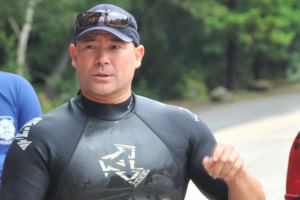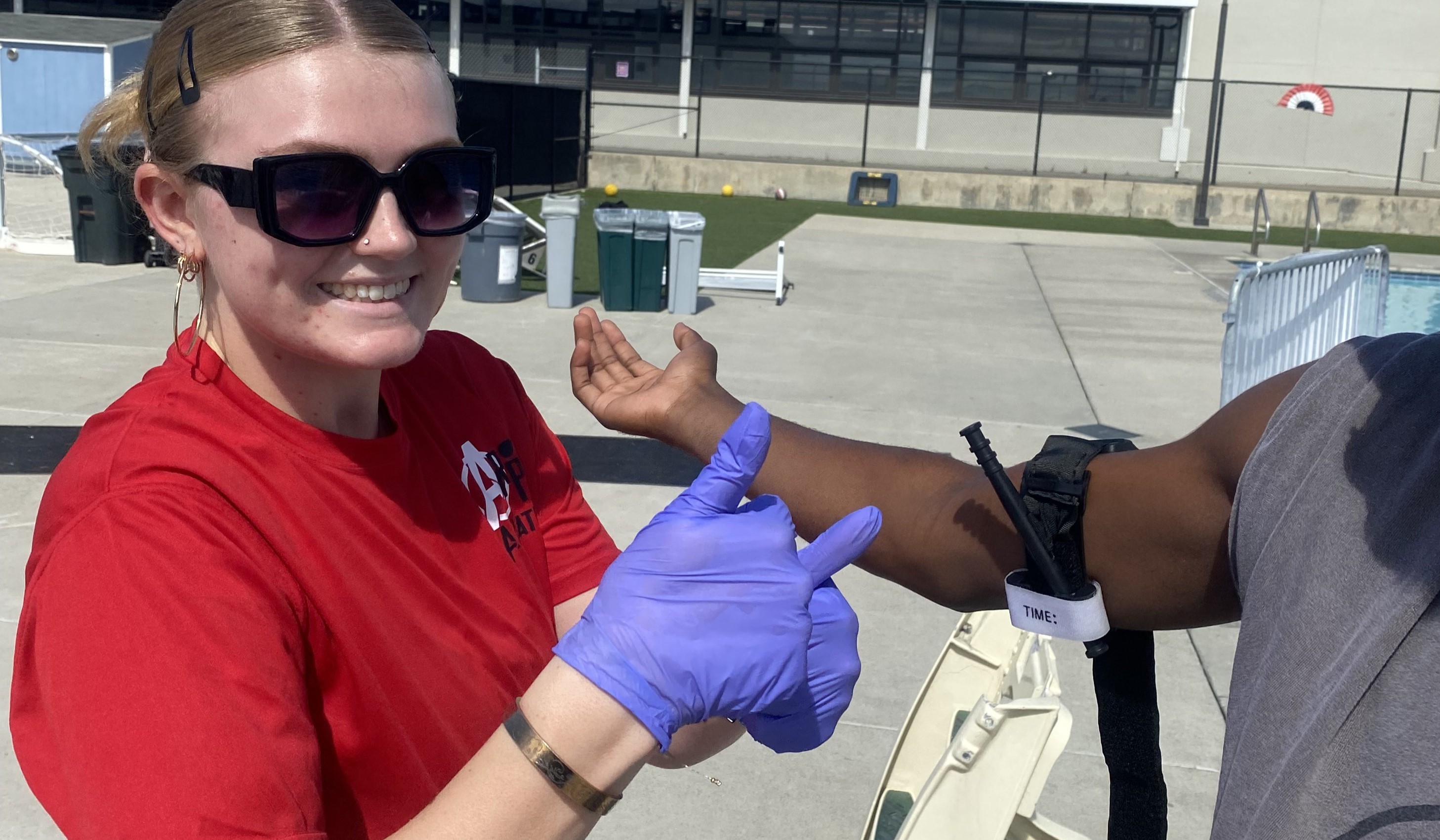The case of a lifeguard arrested after a non-fatal drowning could hold serious ramifications for the industry.
Zachary Stein plead not guilty in Stamford Superior Court on Tuesday, Sept. 19 to charges of first-degree reckless endangerment, a felony, and risk of injury to a minor, a misdemeanor. The charges stem from what authorities describe as a delayed rescue of a 5-year-old boy.
Stein’s defense attorney, Mark Sherman, called the case unprecedented. It poses an unsettling question for all in the lifeguarding profession: “This case is going to really focus on whether or not a mistake can rise to the level of criminal conduct,” Sherman said.
On August 3, Stein was monitoring a pool at Chelsea Piers, a private fitness club in Stamford, Conn. A child went under water for more than 3 minutes before Stein took action, according to the police report. The boy was unconscious and not breathing by the time the guard pulled him out of the pool, the report added.
Stein began performing lifesaving measures on the boy with the assistance of two other guards. The child was airlifted to a hospital and now is home and “showing excellent signs of recovery,” according to the report. It’s unknown if he sustained long-term damage.
According to Stamford Police Lt. Thomas Bracello, video footage shows that the boy was clearly visible. Stein could be seen monitoring the pool from his lifeguard stand and while walking around the pool perimeter. At one point, Lt. Bracello said, Stein came within feet of the child and still didn’t notice him.
The indoor pool, which measures about 22-by 36-feet, had six to eight people in it. Lt. Bracello said cloudy water was not a factor and the pool interior was white or light blue.
Stein, 23, was one of three lifeguards on duty, each assigned to different pools.
Stamford Police reviewed the footage with the state attorney’s office, and an arrest warrant was issued. Last month, the lifeguard turned himself in and was released on his own recognizance.
Sherman maintains that his client, a certified lifeguard and full-time employee at Chelsea Piers for the past five years, took his role seriously. He was not intoxicated or distracted by a cellphone or talking to others during the incident, Sherman said. “At most, this was a mistake,” the attorney added.
It’s not unheard of for a lifeguard to overlook a drowning victim, even one in plain sight. Tom Griffiths, president of the Aquatic Safety and Research Institute, points to a phenomenon called the “complex quadriplex of lifeguard blindness.” It describes four factors: external distractions; internal thoughts/noise; physical conditions of the pool, such as glare and ripples; and emotions of denial and disbelief. When combined, they can blind a lifeguard to a body under water.
“Lifeguards may see the victim, but their brains do not allow them to see such a tragic event,” Griffiths said.
While the circumstances remain unclear, the aquatics industry is troubled by the implications of the case. Many lifeguards are college-age, subject to emotional trauma following a drowning event and are poorly compensated for such a serious responsibility. On top of this, now they could face criminal charges.
“[I]t is troubling that any prosecutor would pursue such action,” said Jeffrey Ellis, president of Ellis & Associates, a lifeguard certifying agency.
John Fletemeyer, president of Aquatic Law and Safety Institute, and author of the forthcoming book “Practices and Principals of Aquatic Law,” agrees: “If this is supported by a conviction, this would be a game-changer,” he said.
Sherman said that his client is more concerned about the well-being of the child than any possible criminal repercussions.
The boy’s “safety and recovery has been his primary concern,” he said.


